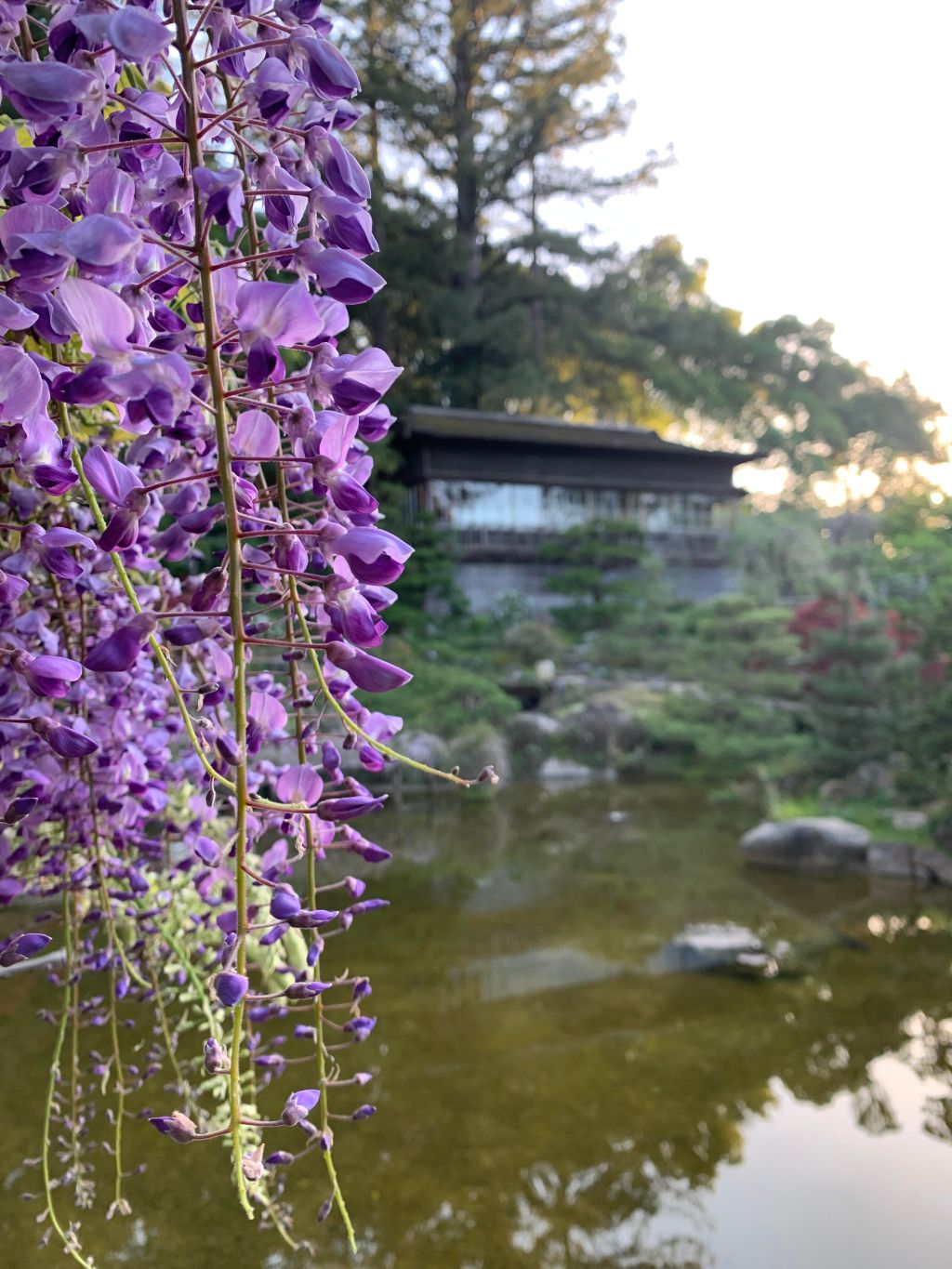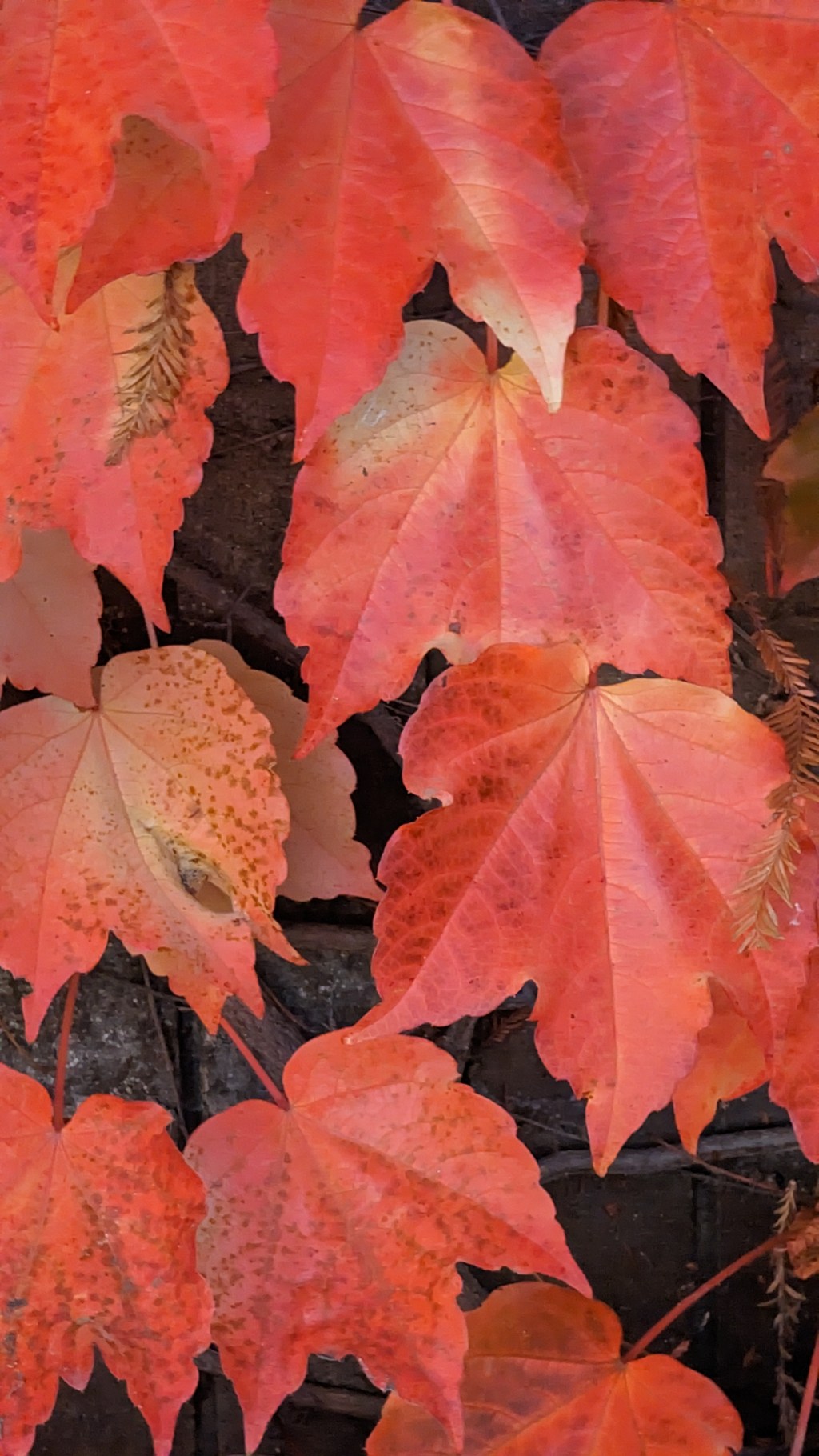Category: zazen talk
-

The Freedom of the Heart and Mind
Shared by Reni Stephen Batchelor introduces us to modern-day Buddhism in contemporary life. He published multiple books on Buddhism after he studied Tibetian, South Korean and European Buddhism he culminated his own way of Secular Buddhism. In his younger age he visited India where he was introduced to Tibetan Buddhism and he chose to take…
-

Thankfulness
Aaron led a discussion of thankfulness. ‘In this week where Americans are celebrating a holiday by gathering with friends and family for a meal and to express thankfulness I was reminded of a family tradition we haven’t observed in a while – going around the table and having each person share something for which they are grateful. Today I want to…
-

Omotenashi おもてなし
Shared by Kaz Omotenashi has been part of Japanese culture for a long time. Omote means front, nashi means nothing. Omotenashi means from the bottom of the heart, sincere. Omotenashi is an important concept from the tea ceremony which is closely related to zen. The host who is serving tea and the guest are treating…
-

Empathy
Oscar talked about empathy. With the current state of the world and our country, I find myself feeling angry at myself and feeling useless and powerless for nothing being able to make any changes. Through meditation I found out that the difference I can do is to reduce hate in the world. But how do…
-

breathe in – still alive, breathe out – let it go
Peter had sciatica nerve pain due to Herniated Discin in March 2020 when the COVID lockdown started. This was extremely painful for Peter. He wanted to get treatment, but physical therapy and doctors were not immediately available due to the lockdown. He was frustrated and angry as nothing was helping his pain. His mind was…
-

Keisaku 警策
This is the recording of talk about Keisaku from 2017. Kugyo san talked about how Keisaku is used at zendo. Also here is the link to twiki for more info. Here is a picture of the garden, starting to bloom.
-
Suffering & Compassion
Ann talked about suffering from her experience.
-
Have a mind of young child…
Ann talked about Suzuki roshi’s “Beginner’s Mind”, we should have mind of young child.